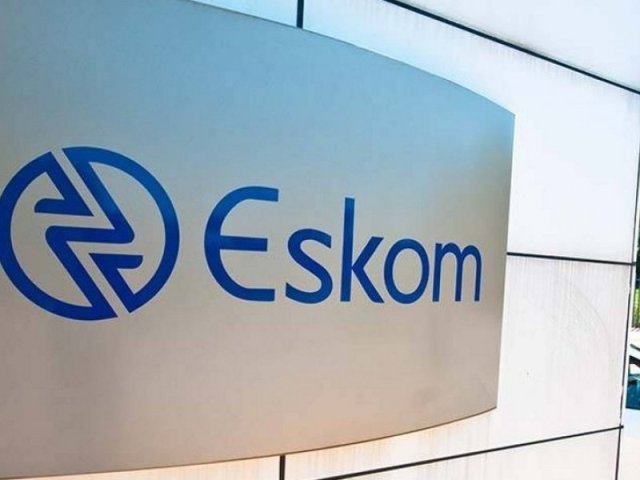Eskom and PwC Reach R43 Million Settlement Over Disputed Contract
The settlement marks a key milestone in Eskom’s broader efforts to address governance failures and financial irregularities exposed during the Zondo Commission’s investigations.

- Country:
- South Africa
Eskom and PricewaterhouseCoopers (PwC) have reached a R43 million settlement in a high court case initiated by the power utility in 2021 over a contentious cost reduction contract. The dispute centered on the 'Capital Scrubbing engagement' contract, which had come under scrutiny by the Judicial Commission of Inquiry into Allegations of State Capture, commonly known as the Zondo Commission.
Background of the Dispute
Eskom's legal action sought to set aside the contract and recover payments made to PwC and Nkonki. The agreement was flagged as irregular due to non-compliance with procurement laws, despite PwC asserting that it participated in good faith in what it believed to be a lawful bidding process.
The settlement marks a key milestone in Eskom’s broader efforts to address governance failures and financial irregularities exposed during the Zondo Commission’s investigations.
Eskom’s Commitment to Integrity
Eskom Group Chief Executive, Dan Marokane, emphasized that the resolution of this case aligns with Eskom’s commitment to restoring accountability within the organization.
“Management’s commitment in dealing with cases arising from the findings of the Zondo Commission has been instrumental in achieving this outcome, and it underscores our dedication to restoring integrity within Eskom,” Marokane stated.
Under the terms of the settlement, the contract has been set aside, and PwC will pay Eskom R43 million in full and final settlement of the claim. Eskom views this as a significant step forward in its ongoing governance reforms and anti-corruption initiatives.
“Eskom will continue to focus on implementing generation recovery, strengthening governance, and tackling crime and corruption while future-proofing the organization to enable energy security, growth, and long-term sustainability to the benefit of South Africa and sub-Saharan Africa,” the utility said in a statement.
PwC's Response and Lessons Learned
PwC issued a statement acknowledging the resolution of the dispute and reaffirming its commitment to ethical business practices. The company maintained that there was no evidence of misconduct by any of its partners or employees in securing the contract.
“PwC participated in good faith in what it believed was a compliant bidding process for the award of the Capital Scrubbing engagement. However, the State Capture Commission found the Capital Scrubbing contract between PwC and Eskom to be irregular as a result of Eskom’s non-compliance with relevant procurement laws,” PwC stated.
The firm also stressed that the court made no findings of wrongdoing against it in the civil dispute.
“We are pleased to have finally concluded this longstanding civil dispute. Going through this process afforded us the opportunity to reflect and learn some important lessons,” the company added.
Wider Implications for Governance in South Africa
The resolution of this case is indicative of a broader push to improve governance and accountability in South Africa’s state-owned enterprises. The Zondo Commission’s findings have prompted significant reforms, and Eskom’s leadership is actively working to rebuild trust and transparency within the organization.
While Eskom continues its mission to recover from financial and operational challenges, the successful settlement with PwC serves as a precedent for holding entities accountable while fostering better business practices in the corporate and public sectors.
Looking Ahead
With Eskom still grappling with operational inefficiencies and financial instability, the company remains focused on bolstering governance frameworks and ensuring compliance with procurement laws. The R43 million settlement will aid Eskom’s financial position, albeit modestly, as it seeks to stabilize South Africa’s power supply and regain public confidence.
Meanwhile, PwC's acknowledgment of lessons learned signals a shift towards stricter compliance measures within private sector firms that engage in government contracts. Moving forward, the case serves as a cautionary tale for companies and government entities alike to ensure full compliance with procurement regulations to avoid similar disputes.
- READ MORE ON:
- PricewaterhouseCoopers
- Eskom










